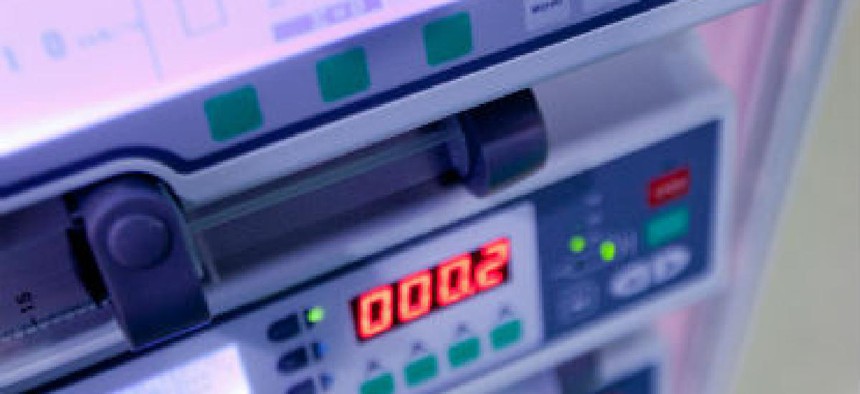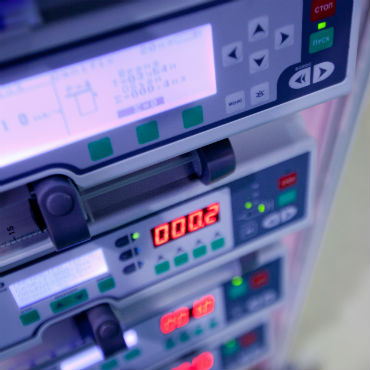FDA's cyber guidance gets key congressman's support

Rep. Jim Langevin (D-R.I.) is backing the Food and Drug Administration's proposed cybersecurity guidance for medical device manufacturers.

The Food and Drug Administration's proposed cybersecurity guidance for medical device manufacturers was open for public feedback through April 21. The guidance lays out a voluntary approach to resolving cybersecurity vulnerabilities in medical devices, and outlines a risk-based cybersecurity approach rather than shoe-horning broad, one-size-fits-all regulations.
Rep. Jim Langevin (D-R.I.), co-chair of the Congressional Cybersecruity Caucus, backed the letter supporting its finalization.
Langevin, who is also ranking member of the House Armed Services Committee's Emerging Threats and Capabilities Subcommittee, said in the April 21 letter that greater connectivity can offer a "tremendous opportunity" for increased efficacy and efficiency in treatment, but also stressed the need for security protocols to protect medical devices from cyber exploitation.
The emerging Internet of Things and increasing complexity in medical technology represent a "paradigmatic change," Langevin continued, and the FDA's draft guidance "is an important step in adapting the regulatory environment to this new reality."
"The threat malicious actors pose to medical devices is particularly concerning, as many of these devices have the potential to harm patient safety if compromised," he said. "Swift remediation, notification of customers and participation in information sharing represent the heart of the guidance and are well tuned to materially improve patient safety within the industry."
The guidance recommends that manufacturers exchange threat information and implement a structured risk management program to assure timely responses to threats when they may arise.
Additionally, the proposal emphasizes manufacturers' need to proactively plan for cybersecurity threats in order to consistently monitor, assess and address vulnerabilities.
For routine cybersecurity updates, which represents the majority of cases, the FDA does not require advanced notice for manufacturers to patch the devices. However, manufacturers are legally required to notify the FDA of any uncontrolled cybersecurity risks that would seriously compromise critical clinical functions of a device.


